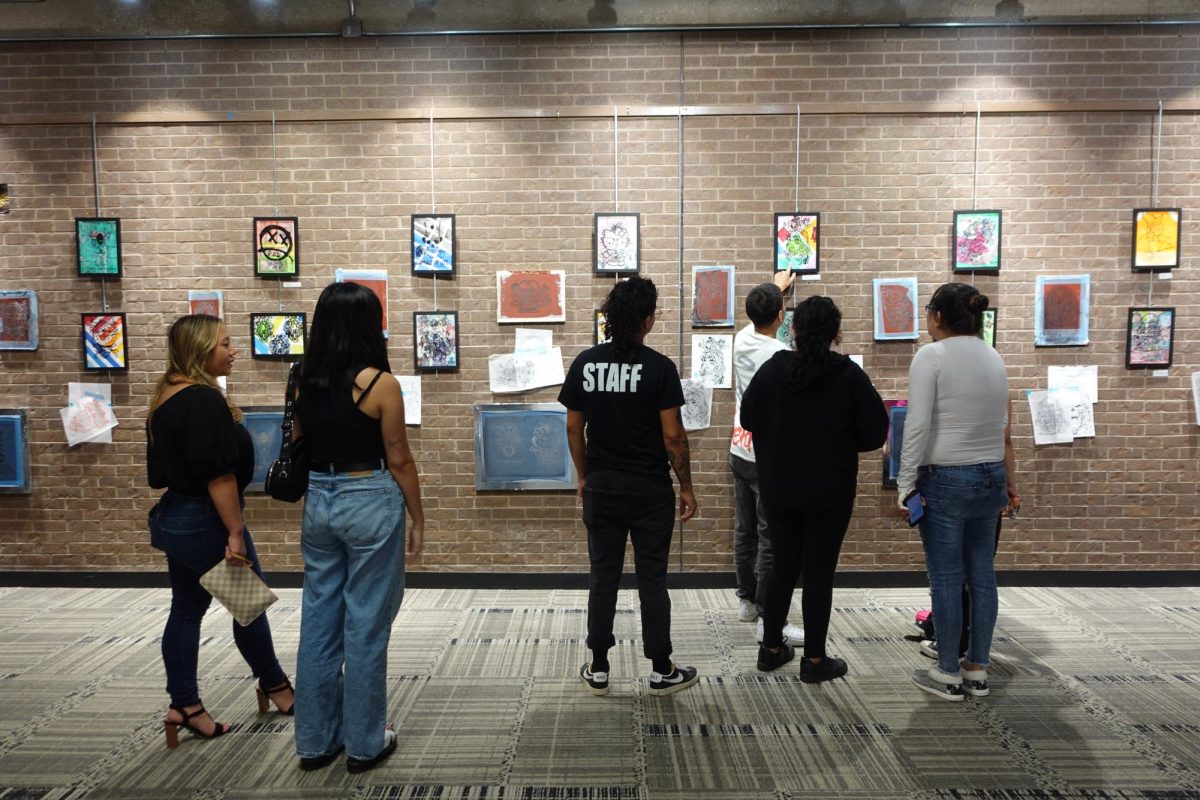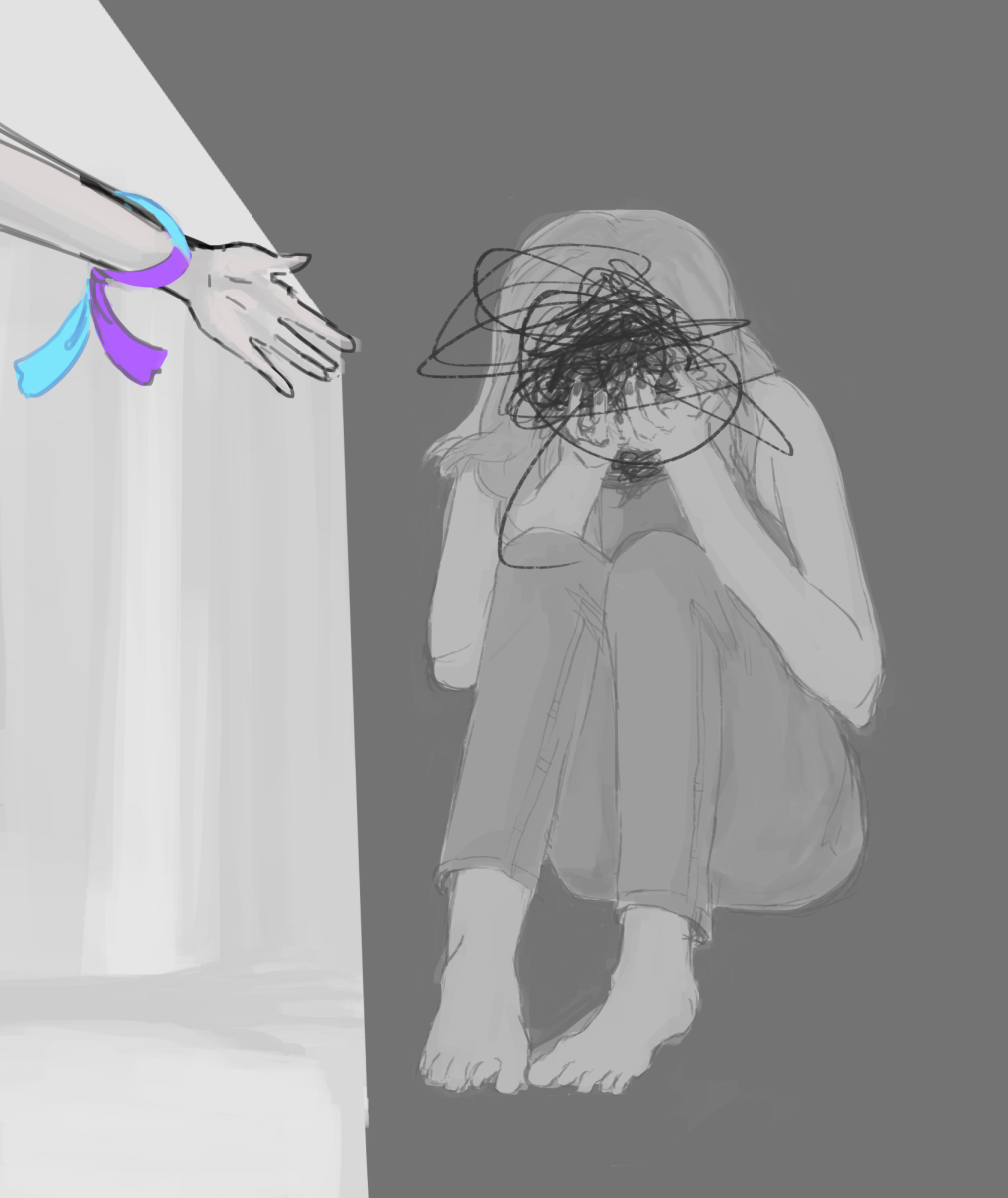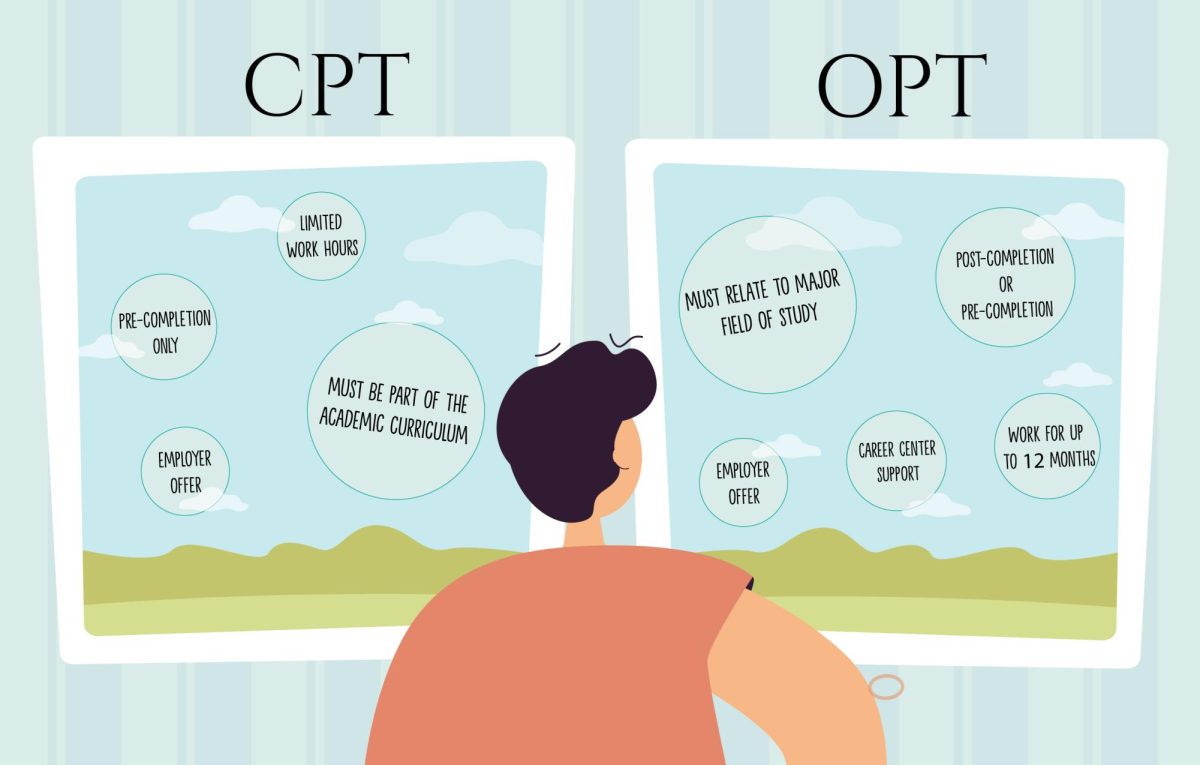Suicide is one of the leading causes of death in the United States, according to the Centers for Disease Control and Prevention. Risk factors, protective factors and warning signs were discussed in a suicide prevention training program hosted by Dallas College Counseling and Psychological Services (CAPS) on Feb. 5. The program helped teach students how to ask about suicide, seek information, ensure safety and connect individuals to resources.
The acronym AS+K shed light on suicide prevention skills: Ask about suicide, Seek more information, + (Plus) safety comes first and Know how and where to refer. According to Dalia Blell, the session trainer, risk factors range from personal to psychological, emotional and socioeconomic and can include bullying, stress of acculturation, serious illness and community violence.
About 135 suicides are recorded daily in the U.S., with men at the top of the spectrum due to the use of guns and women due to the use of medication.
“Suicide has been the second leading cause of death for college students for over 20 years,” said Blell. Recognizing warning signs can save a life or prevent a disability caused by injury.
Extreme behavior can be a warning sign. According to Blell, giving away belongings, sleeping excessively or isolation can be a warning sign that someone is going through a tough time. These are signals that must be addressed.
Another warning sign is when someone talks directly about suicide. For instance, “I will kill myself” or “I don’t want to live.” Replying with language like, “You don’t want to kill yourself,” “You don’t want to do something stupid,” or “Are you thinking of ending your life?’ can cause a person to withdraw and possibly commit irreparable acts.
Seeking to help through active listening and calm, hopeful language can bring a more positive outcome. Active listening can help the person in distress express himself/herself. Expressions like, “I am here if you want to talk” or “Do you want to share it with me?” can help the person to open up and allow the listener to recommend resources to help.
Resources are available for everyone. In addition to calling 911 for an active emergency, people can dial 988, the suicide prevention lifeline, which is available 24 hours a day, seven days a week. The website www.TexasSuicidePrevention.org hosts AS+K training videos.
Dallas College students can benefit from virtual or in-person counseling. At North Lake Campus, counselors are available by phone at 972-669-6400 from 9 a.m. to 10 p.m. Monday through Thursdays and Fridays from 8 a.m. to 5 p.m.
Students in need of specialized outpatient services can contact Metrocare, now on campus to support students with more in-depth needs. For appointments with Metrocare, email CommunityClinics@ MetrocareServices.org or call 214-743-6164.
Students can also go to Blell’s office in Room A311 and ask for help.
“The number of suicides with our younger, younger people, for example, kids between the ages of 7 and 14 is increasing, as well as suicides with underserved populations. And so internationally too. It’s universal,” Blell said. “Everyone on the planet must learn about suicide, how to ask questions about it, and how to locate resources to refer others.”
Additional information for Dallas College students is available on the website at https://www.dallascollege.edu/ resources/counseling/pages/support.aspx

















